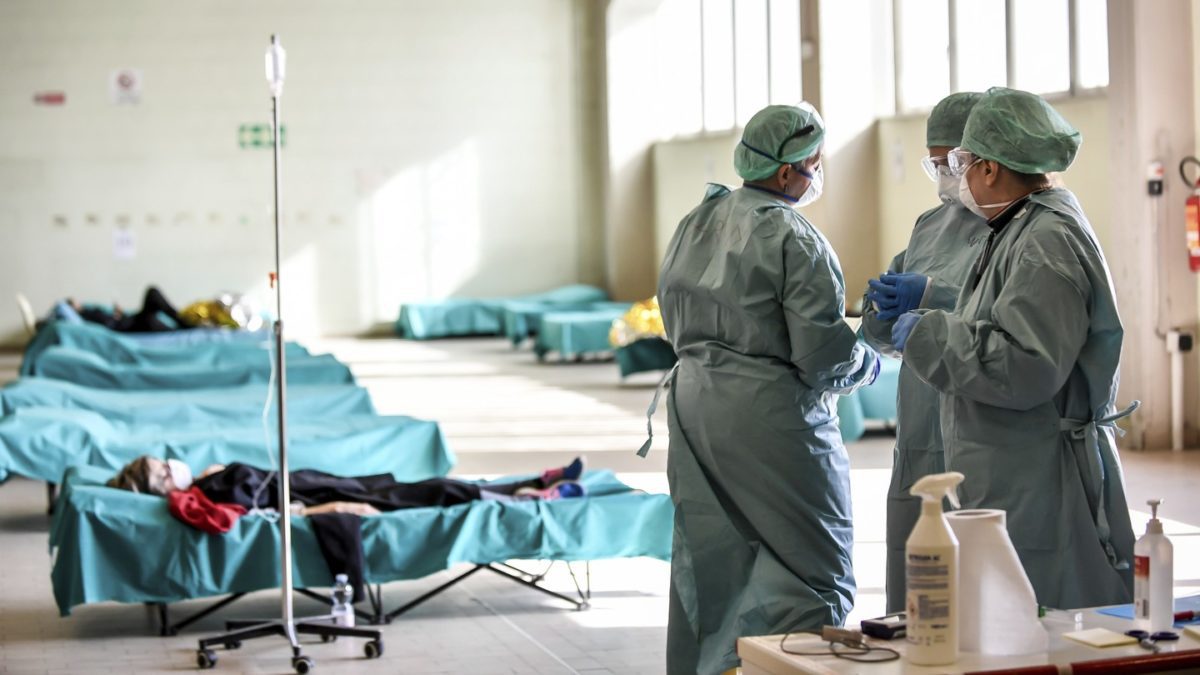The European Art of Taste: Italian Fruit & Veg Masterpieces
Date: 17 September – 1 October, 2021,
Venue: Mian
Tickets: Various
More info:
The third European Art of Taste: Italian Fruit & Veg Masterpieces, hosted by Italy’s leading fruit and vegetable producers Centro Servizi Ortofrutticoli in partnership with the European Union, is at Mian from 17 September 1 October.
Chef Ronald Shao’s menu showcases Italian produce, prepared with Chinese techniques including “Boston Lobster with Organic Tricolour Quinoa with Chinese Tea Fragrant White Peach Jelly”, “Crispy Mantis Shrimp Fillet with Shallot Oil & Lemon with Prickly Pear Sauce”, “Pan-fried Spotted Grouper Fish Fillet with Sweet and Sour Plum Tomato Sauce” as well as “Double Boiled Cosda Pear with Honey Locust Fruit, Fritillaria Bulb & Tangerine peel” along with a refreshing “Kiwi and Hawthorn Daiquiri ” & “Blood Orange Juice”.


